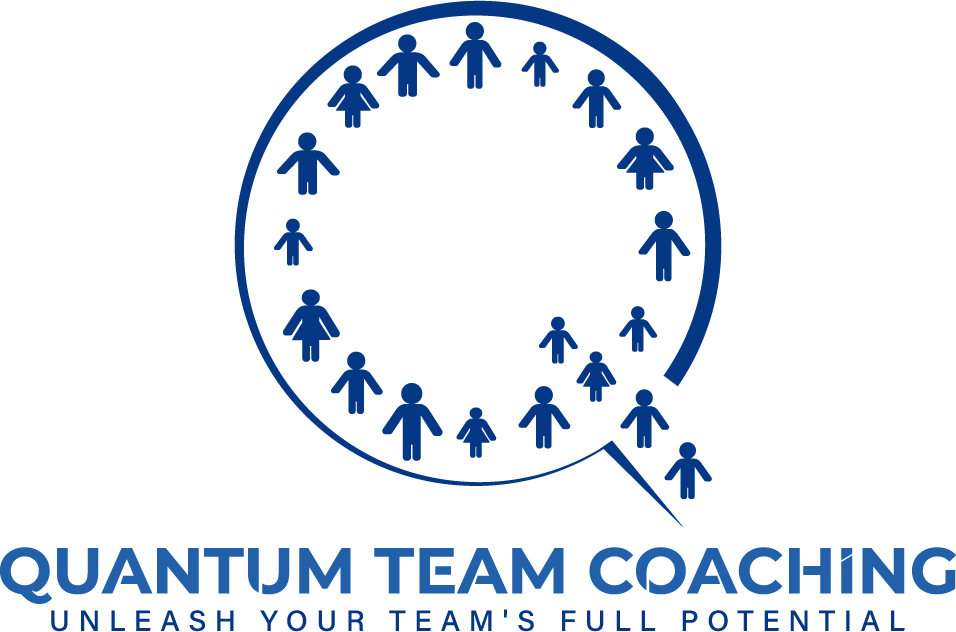In the world of healthcare, where lives are at stake and patient satisfaction is paramount, hiring the right team is one of the most critical decisions a practice can make. Traditionally, when it comes to building a medical team, the emphasis has been placed heavily on hard skills—technical expertise, years of experience, and credentials. However, many medical practices are realizing that while these qualifications are important, they are not enough to build a truly successful, thriving team. More often than not, the missing piece in achieving long-term success lies in the alignment of values, emotional intelligence, and the right attitude.
The misconception that experience and hard skills alone are the keys to success in healthcare overlooks essential components that are critical to the overall functioning and health of a medical team. In this article, we’ll explore why hiring solely for hard skills is a mistake, and how placing a stronger emphasis on values and alignment can lead to better patient outcomes, improved team cohesion, and greater profitability for medical practices.
The Limitation of Hard Skills
Doctors, nurses, and other healthcare professionals spend years honing their technical skills—learning to diagnose, treat, and manage a wide range of conditions. For most medical practices, it seems logical that experience and technical expertise would be the primary considerations when hiring new staff members. After all, a team that can efficiently treat patients, manage emergencies, and handle complicated cases is essential, right? While this is undeniably true, focusing solely on technical qualifications misses a crucial element of what makes a medical team successful.
Technical skills are the baseline requirement for any medical professional. However, a practice that focuses exclusively on experience and certifications can end up with a team that is technically proficient but lacks the emotional intelligence and interpersonal skills necessary for success in a patient-centered environment. This is where many practices face challenges—hard skills don’t foster collaboration, build patient trust, or create a harmonious workplace. And in healthcare, the ability to work together as a team, communicate effectively with patients, and navigate the emotional demands of the profession is just as important as technical proficiency.
Overlooking the Soft Skills: A Recipe for Dysfunction
Soft skills, such as empathy, communication, adaptability, and teamwork, play a vital role in the day-to-day functioning of any medical practice. Unfortunately, these skills are often overlooked during the hiring process because they are harder to quantify. However, they are critical to maintaining a positive workplace culture, ensuring patient satisfaction, and improving overall performance.
Consider the role of empathy, for example. Healthcare is inherently a human-centered profession, and patients want to feel heard, understood, and cared for. A highly experienced doctor who lacks empathy might be able to diagnose and treat a condition, but if the patient feels dismissed or unheard, their satisfaction plummets. In contrast, a doctor with strong emotional intelligence can connect with patients on a deeper level, resulting in better communication, more accurate diagnoses, and higher patient retention.
Team dynamics are also impacted by soft skills. A staff member who is highly skilled but difficult to work with can disrupt the entire team’s cohesion. In healthcare, where collaboration and communication are essential to delivering safe and effective care, hiring someone who does not align with the team’s values can lead to conflict, poor communication, and ultimately, lower quality patient care. This is why it’s crucial to consider emotional intelligence and teamwork alongside technical expertise during the hiring process.
Real-World Examples: The Value of Alignment in Healthcare Teams
There are numerous examples of how hiring based on values and soft skills has transformed medical practices for the better. In one case, a family practice that had been struggling with high turnover and low patient satisfaction decided to shift their hiring approach. Instead of focusing solely on candidates with the most experience, they began prioritizing individuals whose personal values aligned with the practice’s mission of compassionate, patient-centered care.
The results were remarkable. Patient satisfaction scores improved dramatically, as patients began to feel more connected to the staff. Turnover rates dropped, as the new hires were more committed to the practice’s values and worked well with the existing team. Most importantly, the team’s ability to communicate and collaborate effectively improved, leading to better patient outcomes and a more positive work environment.
Another example comes from a large multi-specialty clinic that was struggling with internal conflict between staff members. The practice had traditionally hired staff members based on their resumes, prioritizing experience and hard skills over everything else. After years of dealing with workplace conflicts and poor communication, the clinic decided to implement values-based hiring practices. They focused on candidates who demonstrated strong emotional intelligence, adaptability, and a commitment to patient care.
Within a year, the clinic saw a significant reduction in conflicts, and team cohesion improved. The staff was better equipped to handle the high-pressure environment of healthcare, and patient satisfaction scores increased. The clinic’s leadership realized that by hiring people who aligned with the practice’s core values, they had built a more resilient, adaptable, and successful team.
The Long-Term Benefits of Values-Based Hiring
The benefits of hiring based on values and emotional intelligence go far beyond improved team dynamics. Practices that prioritize these qualities see long-term improvements in both patient care and profitability. When employees share a common set of values and work well together, they are more likely to stay with the practice, reducing turnover and the associated costs of hiring and training new staff. Moreover, teams that communicate effectively and work together seamlessly are more productive, leading to increased efficiency and profitability.
In addition, patients are more likely to remain loyal to a practice where they feel valued and cared for. When healthcare professionals are able to build strong relationships with their patients, it leads to higher patient retention, better compliance with treatment plans, and ultimately, better health outcomes. This, in turn, enhances the practice’s reputation and attracts new patients, contributing to the practice’s overall growth and success.
The Path Forward: Building a Balanced Team
It’s important to note that hard skills and experience should not be completely disregarded. A successful medical team requires both technical expertise and strong soft skills. However, by placing a greater emphasis on values and alignment during the hiring process, practices can build teams that are not only competent but also cohesive, compassionate, and committed to the practice’s mission.
In conclusion, hiring for hard skills alone is a mistake that many medical practices make, but it’s one that can be corrected. By focusing on values, emotional intelligence, and teamwork, practices can create a work environment that fosters collaboration, improves patient care, and drives long-term success. After all, the most successful medical teams are those that are not just technically proficient but also aligned in their mission to provide compassionate, patient-centered care.





